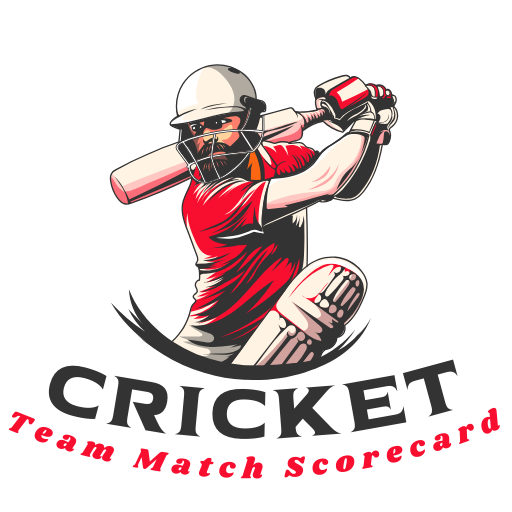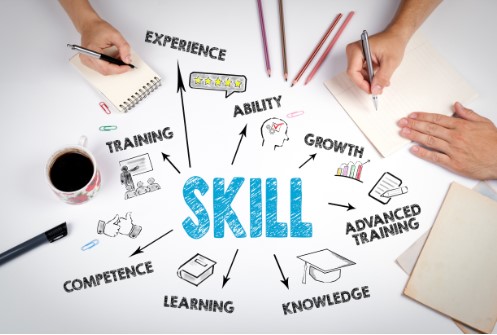In today’s competitive job market, the difference between hiring a top performer and a costly mismatch often comes down to data. Traditional hiring methods—relying heavily on resumes, interviews, and intuition—are rapidly giving way to smarter, data-driven approaches. Organizations that embrace assessment technology are not only improving hiring accuracy but also building more resilient, high-performing teams.
Modern HR leaders understand that the best talent strategies aren’t built on instinct—they’re built on insight.
The Shift Toward Predictive Hiring
Predictive hiring has emerged as one of the most powerful innovations in human resources. By combining behavioral science, data analytics, and psychometric assessments, it allows organizations to forecast how candidates will perform, adapt, and grow in specific roles.
Instead of focusing solely on experience or education, predictive hiring assesses potential—the combination of skills, personality, and problem-solving ability that drives future success. This data-driven approach empowers HR professionals to make smarter, fairer, and more consistent hiring decisions.
For example, two candidates may appear equally qualified on paper, yet one might demonstrate stronger communication, adaptability, or leadership traits. Predictive assessments uncover those nuances before an offer is made, reducing hiring risk and strengthening long-term team performance.
Why Data-Driven Assessments Matter
As remote and hybrid work environments reshape the hiring landscape, assessing candidates’ self-management, collaboration, and adaptability has become crucial. Traditional interviews can’t capture these qualities effectively, but validated assessments can.
Organizations that adopt data-driven assessment strategies gain numerous benefits:
- Objectivity and fairness: Reduces unconscious bias by relying on measurable, standardized data.
- Improved quality of hire: Matches candidates’ competencies with role-specific success factors.
- Efficiency: Speeds up the recruitment process while maintaining accuracy.
- Better retention: Ensures new hires are well-suited for their positions, reducing turnover.
In short, data doesn’t replace human judgment—it enhances it, making hiring decisions more evidence-based and reliable.
Building a Smarter Hiring Framework
To fully benefit from assessment data, companies must build a structured hiring framework that integrates analytics at every stage of recruitment. This framework typically includes:
- Competency Definition: Identifying the traits, skills, and behaviors that define top performers in each role.
- Tool Selection: Choosing validated assessment tools that align with the company’s culture and objectives.
- Data Integration: Combining assessment results with performance and retention data for continuous improvement.
- Feedback Loops: Refining hiring benchmarks regularly to maintain predictive accuracy.
By embedding this data-driven model into HR practices, organizations can continuously improve their hiring precision and workforce alignment.
The Role of Enterprise-Level Assessment Platforms
Scaling assessment processes across departments or geographies requires the right infrastructure. Enterprise platforms bring standardization, compliance, and advanced analytics into one system—allowing organizations to hire efficiently and consistently.
For companies seeking reliable, validated assessment tools designed to support large-scale recruitment, exploring an enterprise pre-employment testing platform can be an excellent solution. These systems streamline candidate evaluation, ensure fairness across hiring teams, and provide deep insights into talent quality—helping enterprises hire smarter at scale.
The Future of Talent Evaluation: AI and Continuous Insights
The next evolution in hiring will center on continuous assessment—measuring employees not just before hire but throughout their tenure. Artificial intelligence and machine learning are already enabling adaptive assessments that learn from each hiring decision, improving accuracy over time.
In the near future, assessment platforms will integrate seamlessly with performance management and learning systems. This convergence will provide a unified view of workforce potential, enabling proactive leadership development and internal mobility strategies.
Conclusion: From Instinct to Intelligence
Data-driven assessments are transforming the way companies attract, select, and develop talent. By combining scientific rigor with modern technology, organizations can move beyond subjective evaluations and make decisions grounded in evidence.
For HR leaders looking to elevate their recruitment process, integrating enterprise-grade assessment tools offers a proven way to enhance efficiency, quality, and consistency. Data doesn’t just inform better hiring—it builds a stronger, more adaptable workforce for the future.



